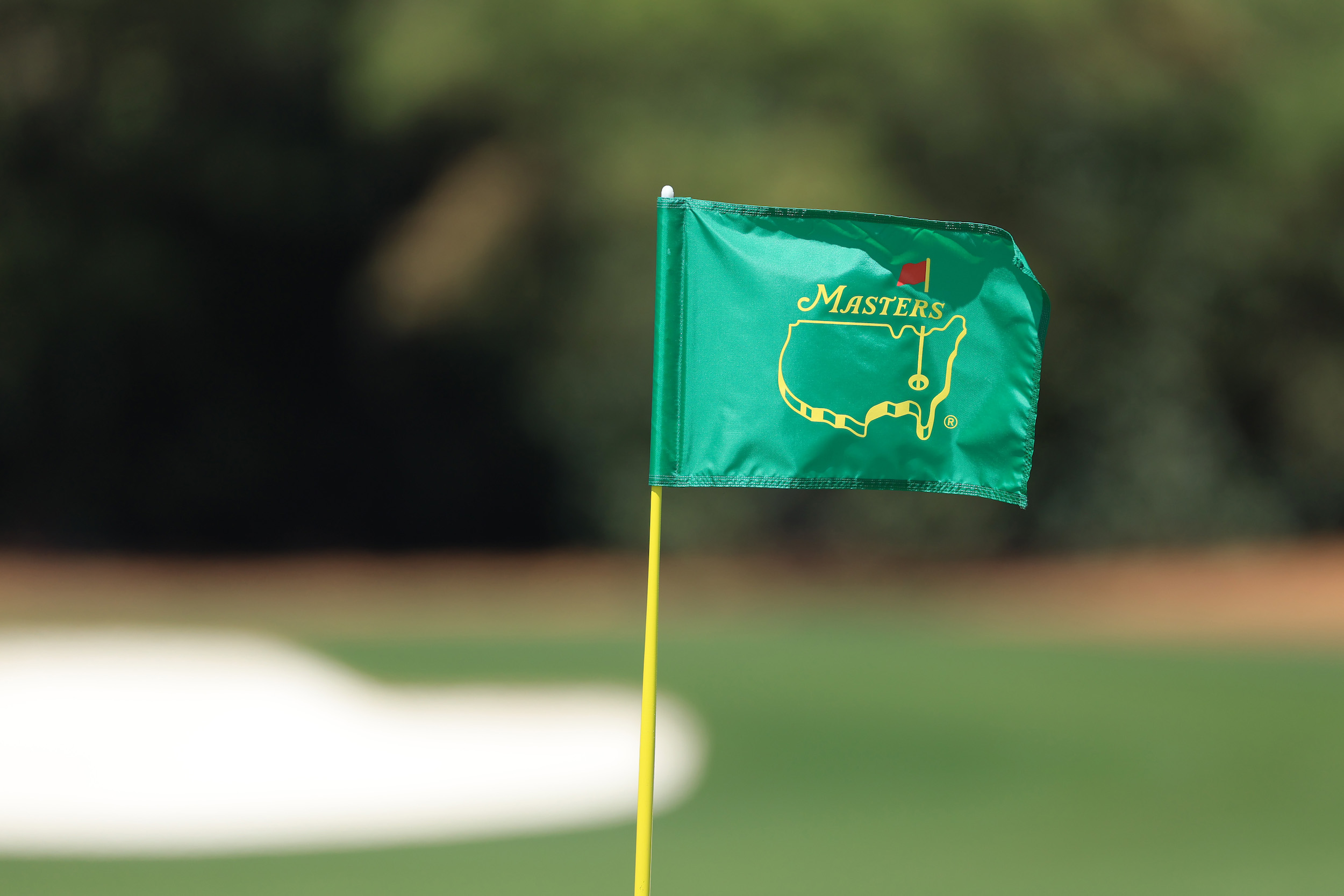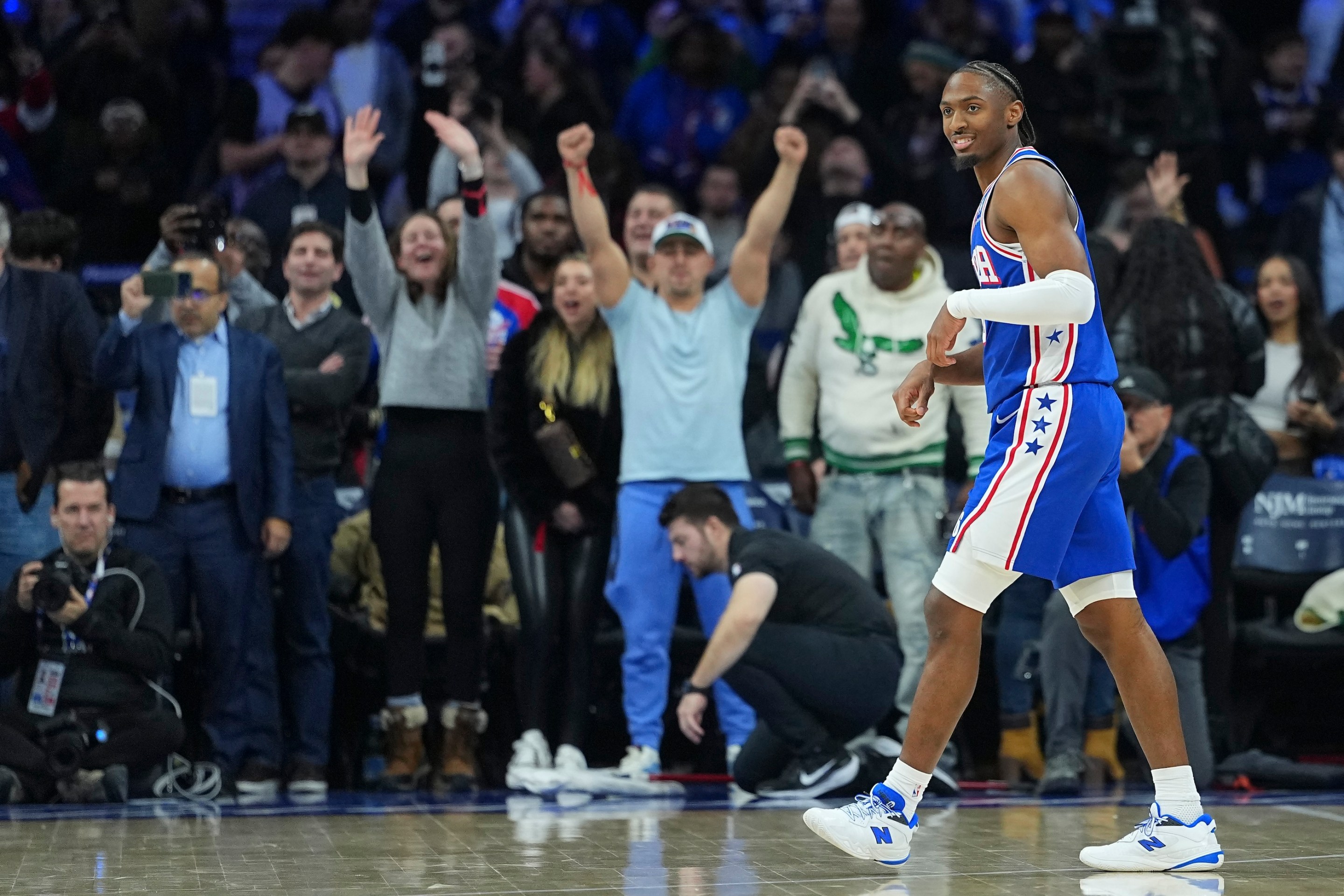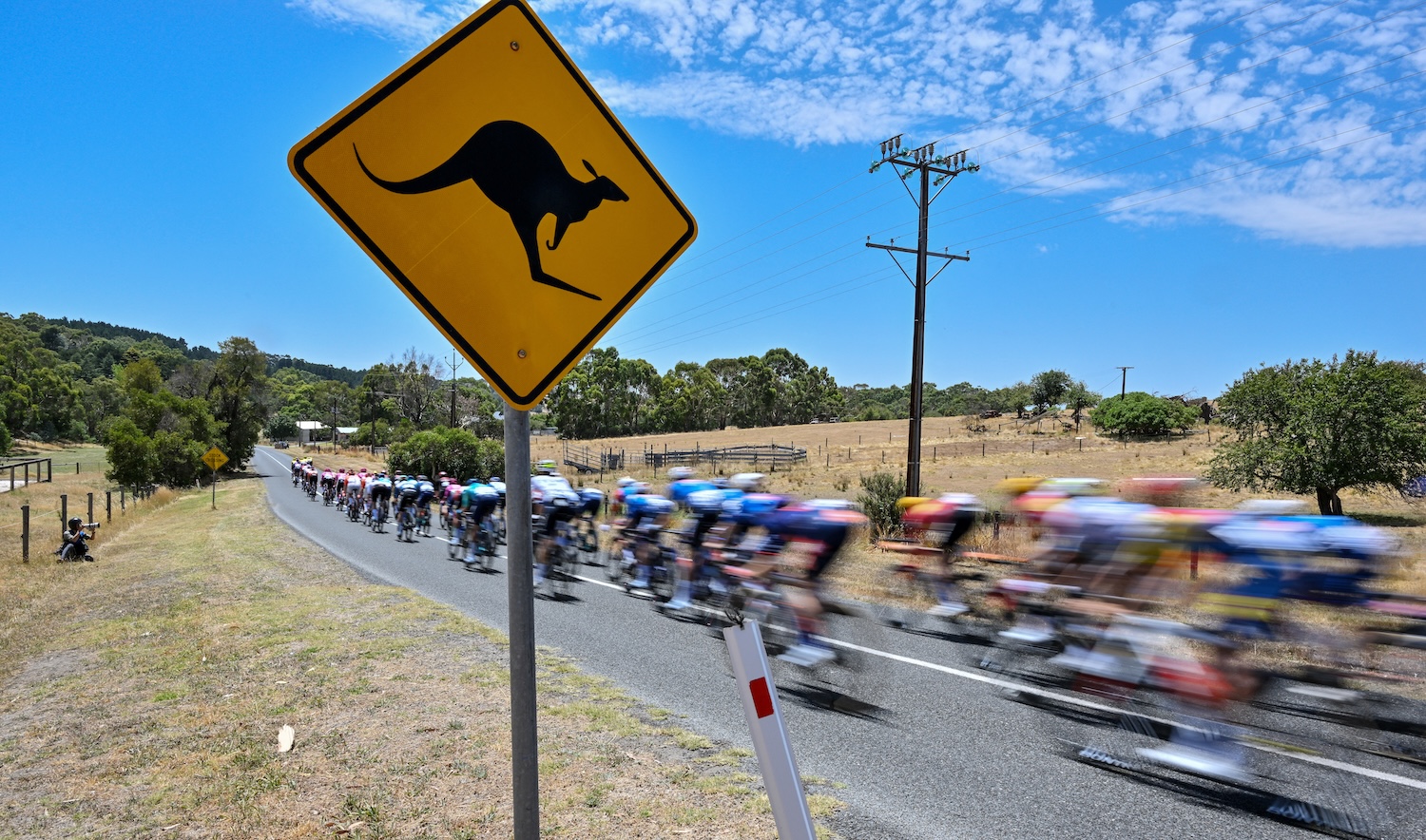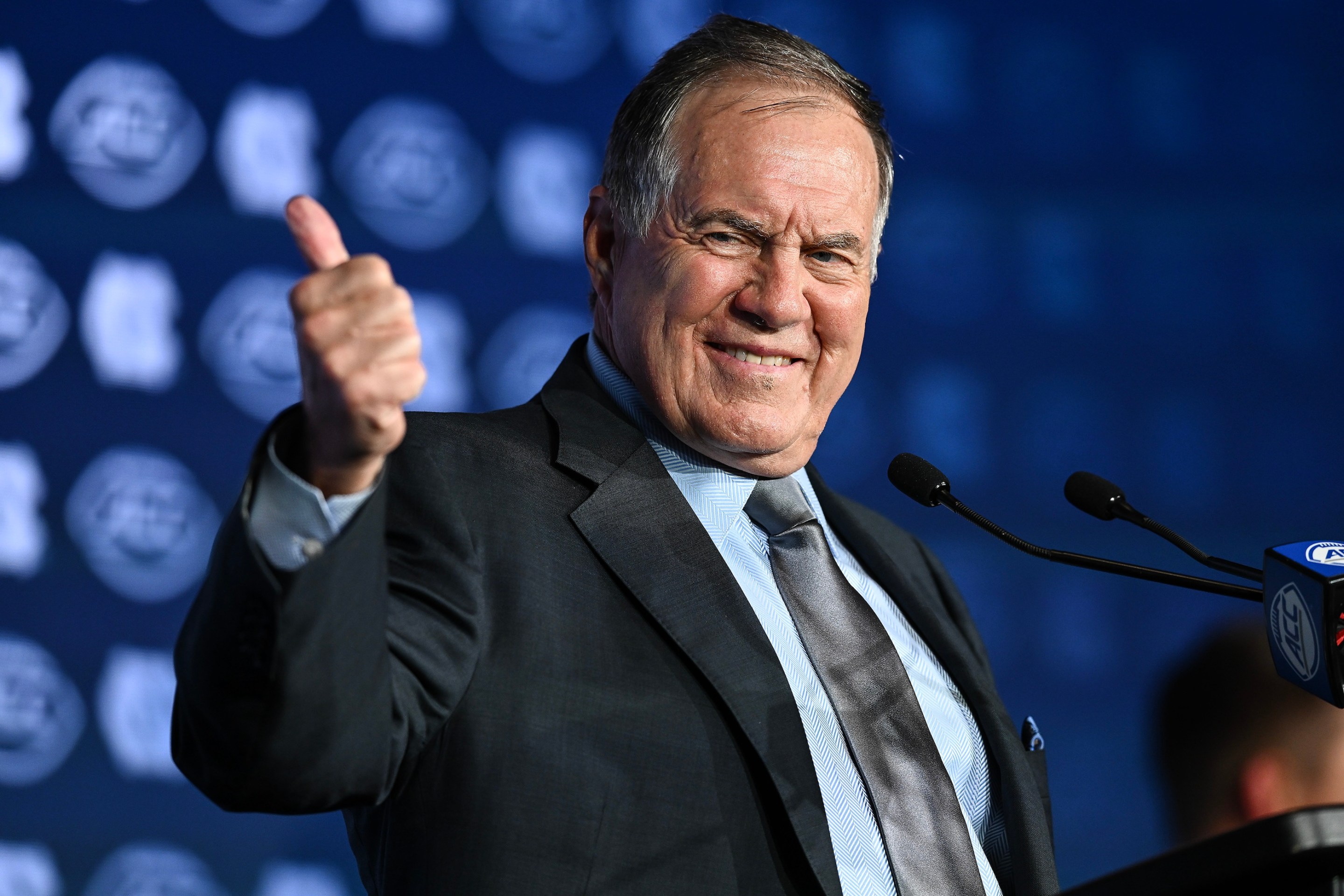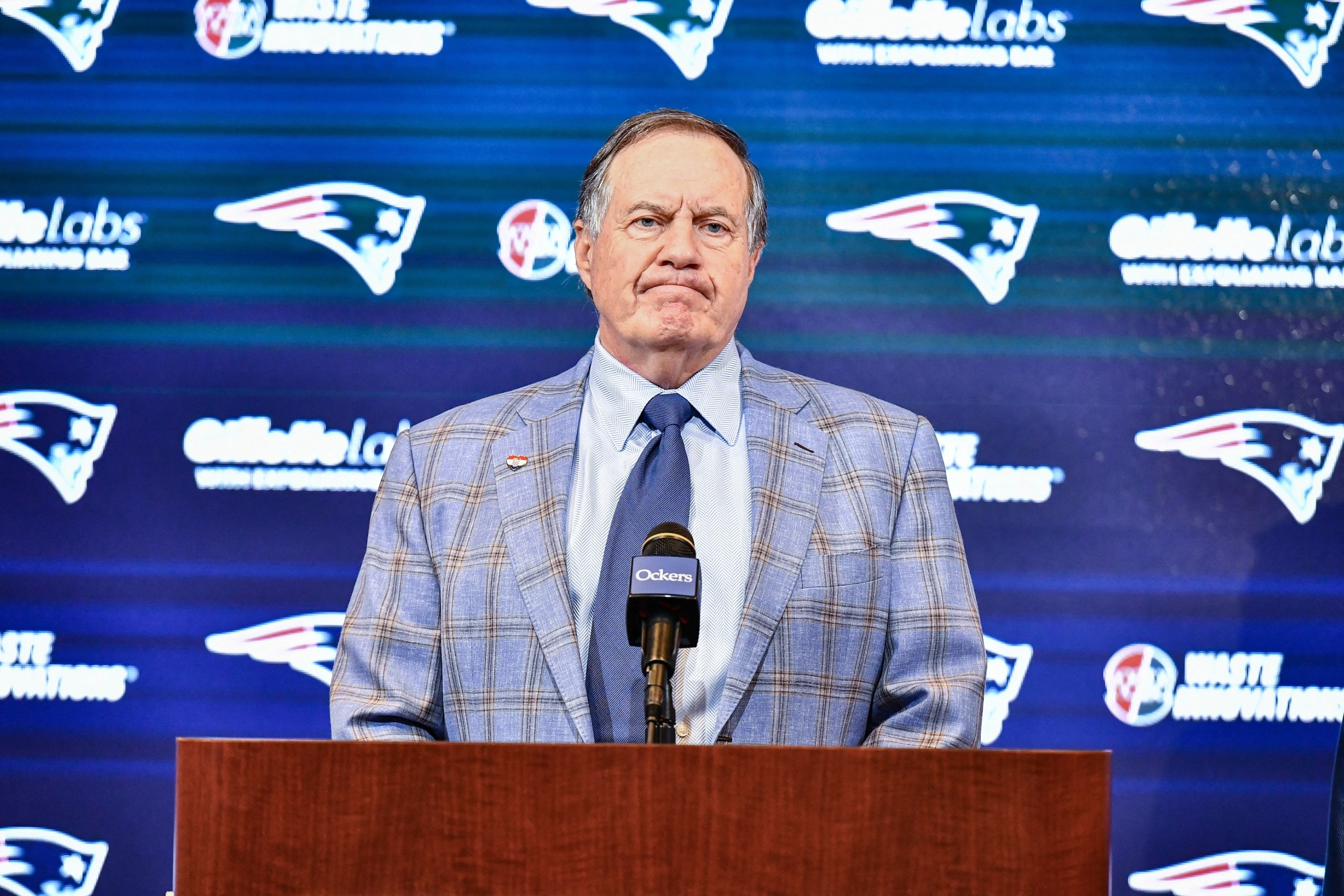The Masters Tournament, golf's single most prominent event, held annually in early April at the Augusta National Golf Club in Georgia, announced Tuesday that it will not act to exclude LIV Golf professionals from its 2023 field. For those hoping that the Saudi-funded disruption-angled sportwashing enterprise will quickly and quietly fuck off and die, this is somewhat of a setback. On the other hand, for enjoyers of awkward interpersonal drama, the intermingling of LIV Golf and PGA Tour professionals—two groups who've been taking increasingly nasty personal and legal shots at each other for the better part of the past year—should make for a delightful spectacle at the marquee tournament.
This is a solid win for LIV Golf. It's not that the breakaway league is having a bad time, exactly—they recently announced three new North American tournaments on the 2023 schedule, in Arizona, Oklahoma, and West Virginia, bringing their total number of events to 14. But, according to their own court filings, the PGA Tour treating them as a hostile force has cost them dearly, both in terms of the upfront money necessary to court cowed PGA Tour professionals and in terms of access to sponsors, courses, advertisers, and media coverage.
The two sides are still fighting in federal court over accusations of anticompetitive behavior on the part of the PGA Tour and tortious interference on the part of LIV Golf. The PGA Tour, as part of its ongoing counterclaim, sued in October to compel Yasir Othman Al-Rumayyan, governor of the Saudi Public Investment Fund and de facto head of LIV Golf, to testify in the case, and recently the sides have been arguing over which items submitted in discovery should be kept under seal. There is no indication that this case is anywhere close to its conclusion and, while the sides remain entrenched, it will be very difficult for LIV Golf to work against the perception among a large percentage of North American golf fans that it is The Bad Guy. One of the best possible things that could happen for the breakaway league's visibility and popularity in 2023 is one of its players donning the famous green jacket, in April, and it's an outcome PGA Tour officials and loyalists would dearly like to prevent.
Essentially, what was announced Tuesday is a course of non-action by the organizers of The Masters. The tournament publishes its qualification criteria, and nowhere in there is a requirement that the players belong to a particular tour. It's possible this is an oversight that will soon be corrected: Before this year, there was not a competing North American professional golf tour. And the statement Tuesday from Masters chairman Fred Ridley emphasizes both that Masters organizers see the LIV Golf-led division of men's professional golf as a regrettable turn of events and that the tournament reserves the right to alter its qualification criteria as organizers see fit. In other words, that they are allowing LIV Golf professionals into the 2023 event is no guarantee that they will be allowed in in the future.
Statement from Chairman Fred Ridley, regarding the 2023 Masters Tournament.
— The Masters (@TheMasters) December 20, 2022
Read more ➡️ https://t.co/VlktfYOZUc
Besides, the criteria for qualification—if they remain unaltered—will eventually come to exclude LIV Golf professionals. The LIV Golf roster currently includes six former Masters champions—including Phil Mickelson, Dustin Johnson, Patrick Reed, and Sergio García—who, by the current criteria, are given lifetime qualification to future events. From there, though, there are few opportunities for LIV Golf professionals to earn their way in: The largest block of Masters qualifiers comes from the top 50 of the Official World Golf Ranking, which at present does not award points for LIV Golf's 54-hole no-cut tournaments. Cameron Smith was the second-ranked player in the world when he defected to LIV Golf in August, and he has since dropped a spot despite finishing fourth and first in his first two LIV Golf events. Dustin Johnson dropped from 13th to 41st; Brooks Koepka from 19th to 48th; Paul Casey from 27th to 55th; Bryson DeChambeau from 29th to 63rd. The Washington Post estimates that at least 16 current LIV Golf players will qualify for the 2023 Masters Tournament according to the current criteria, but without those WGR points, going forward LIV Golf pros will have a maximum of four non-LIV Golf events—the U.S. Open, the British Open, the Olympics, and The Masters itself—where they can earn qualification outright to The Masters.
But it's also entirely possible The Masters could swing the other way and, instead of reworking its criteria to exclude defectors, it could rework its criteria to specifically include LIV Golf players. In the meantime, the criteria explicitly claim the right for the Masters committee to invite "international players not otherwise qualified" at their discretion, which is just as much of a loophole as they'd ever need to gift prominence and legitimacy to an enterprise enthusiastically endorsed by Donald Trump and resourced from possibly the deepest set of pockets on planet Earth.
